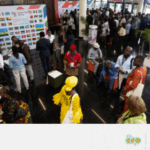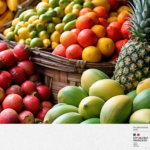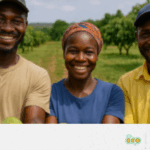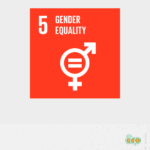Collective training on cultivation methods for banana production for FEPAF Basse Guinea
- 01/10/2023
- Posted by: Sandra Borma
- Category: News
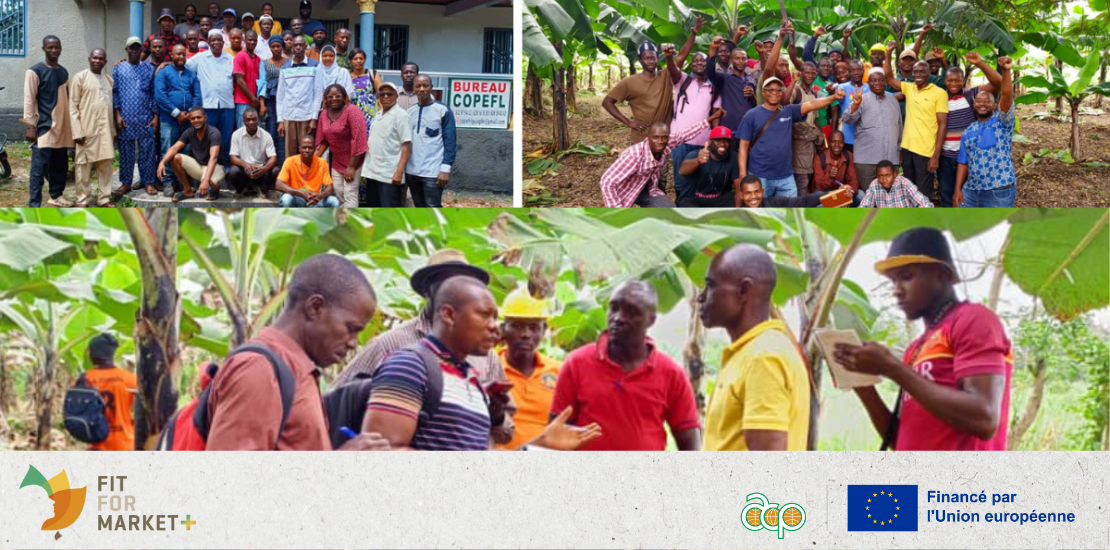
The Fit for Market Plus programme recently organised a five-day collective training session on “Mastering the main cultivation techniques for banana production (soil preparation-fertilisation-plant protection)” in Kindia, from 11 to 15 September 2023 at the headquarters of the Lower Guinea Fruit Growers’ Federation (FEPAF-BG).
The aim was to build the skills and capacities of the federation’s members and technical staff, namely growers, agricultural technicians and advisors, production managers from member cooperatives, managers from certain cooperatives and a representative from the Kindia regional department of agriculture and livestock.
The training focused on the organisation of the banana sector, cultivation techniques (land preparation, clearing, loosening, staking, harvesting, drainage and erosion control), the fertilisation plan and the recognition of nutritional deficiencies, the recognition of symptoms of banana diseases and other attacks, phytosanitary treatments, the specific features of locally-grown varieties and organic production.
In order to provide participants with practical tools for their operations, they took part in group work and were taken out into the field to apply the concepts they had learned in the classroom, particularly with regard to harvesting techniques, recognising the symptoms of different banana diseases, treatment methods, etc.
The knowledge acquired during the training will help to improve banana production techniques within the Fédération des planteurs de la filière fruit de la Basse Guinée, as well as in the Kindia region.
Moussa Camara, FEPAF-BG
This activity is supported by the Fit For Market Plus (FFM+) programme, implemented by COLEAD within the Framework of Development Cooperation between the Organisation of African, Caribbean and Pacific States (OACPS) and the European Union. This publication receives financial support from the European Union and the OACPS. The content of this publication is the sole responsibility of COLEAD and can in no way be taken to reflect the views of the European Union or the OACPS.

